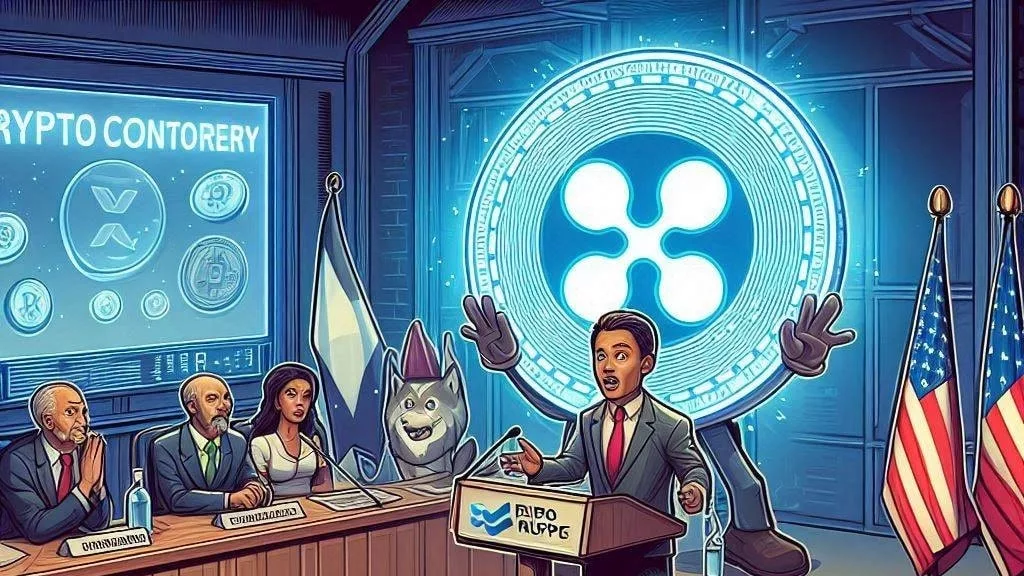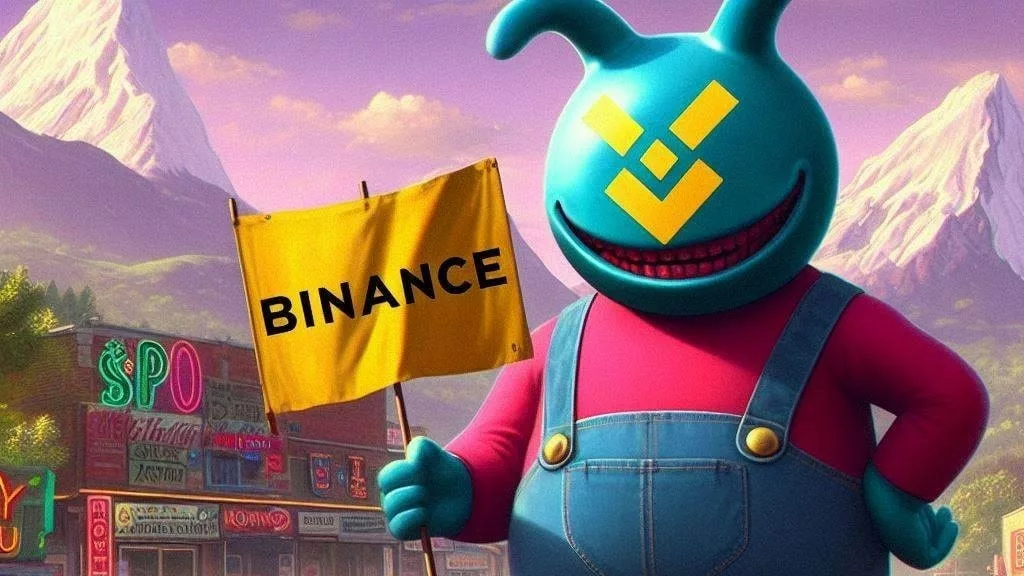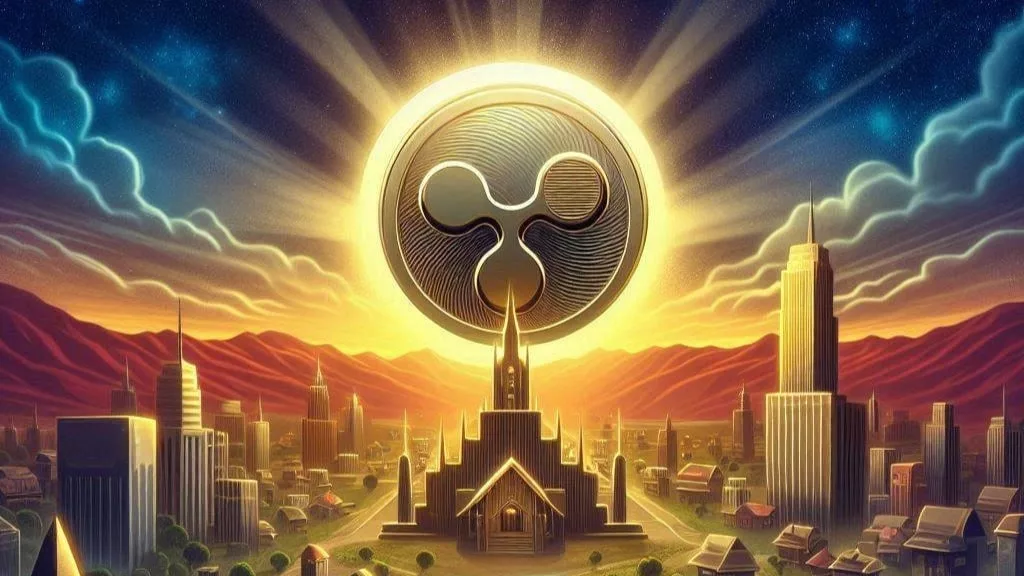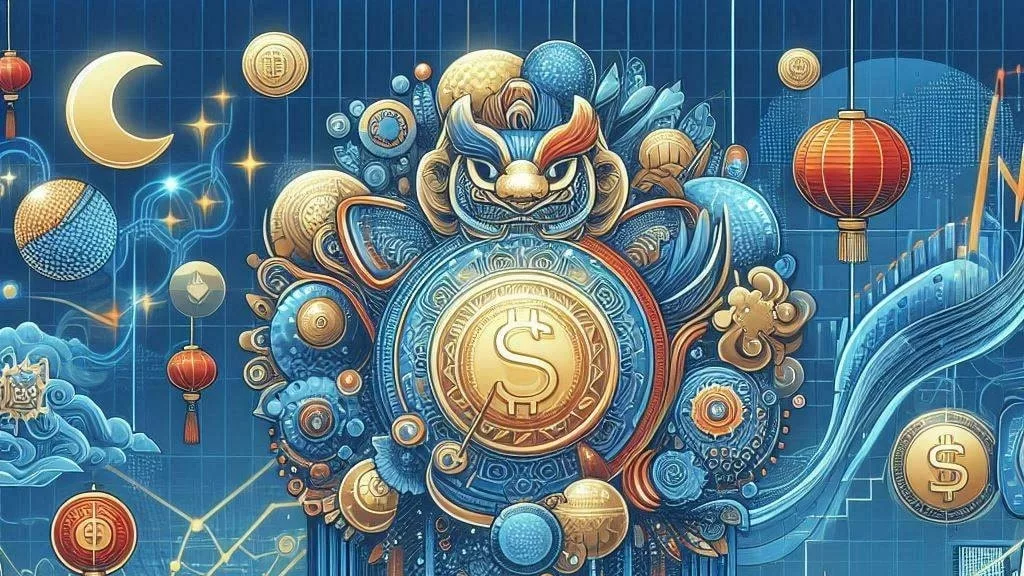
Rajat Soni, known for his strong support of Bitcoin and criticism of other cryptocurrencies, has once again targeted XRP. His latest remarks are grounded in concerns about the potential role of XRP in facilitating Central Bank Digital Currencies (CBDCs). According to Soni, the adoption of XRP by banks and governments for CBDCs would only serve to consolidate financial power in the hands of central authorities, rather than promoting decentralization.
“CBDCs are going to be used to enslave us, and the XRP army wants you to support that agenda?” Soni argued in a recent statement. His criticism reflects a broader skepticism about the role of digital currencies that are closely tied to traditional financial institutions and government entities.
Soni’s use of the term “slave coin” is deeply rooted in his belief that XRP’s association with Ripple and its involvement in CBDC initiatives would contribute to a more centralized financial system. Ripple has been working with various governments and financial institutions to develop and implement CBDCs, which Soni argues could enhance the control of central banks over individuals’ financial activities.
For Soni, the centralization implied by CBDCs represents a threat to financial freedom. He views Bitcoin as the superior alternative due to its decentralized nature, which he believes better aligns with individual empowerment and financial autonomy.
Soni’s critique of XRP is part of a larger narrative that contrasts Bitcoin’s decentralized model with the more centralized approach of Ripple and its XRP token. Bitcoin has long been championed as a means to circumvent traditional financial institutions and central banks, offering a decentralized alternative that Soni and other Bitcoin supporters argue is crucial for preserving financial freedom.
In contrast, XRP has been praised for its ability to facilitate faster and more efficient cross-border transactions. However, critics like Soni argue that this convenience comes at a significant cost—the potential reinforcement of centralized financial systems that could undermine individual autonomy.
The debate over XRP’s role in the cryptocurrency ecosystem has been ongoing, with Soni being a vocal critic. His previous criticisms have included claims that Ripple Labs’ creation of XRP undermines its decentralization, suggesting that banks would prefer Bitcoin due to its more decentralized nature.
Soni’s latest remarks, however, have intensified the debate. He argues that the hope many investors place in XRP being adopted by banks is misplaced and considers the token’s future prospects to be bleak.
“Never Buy XRP,” Soni advises, reinforcing his stance that XRP is not a worthy investment. This advice aligns with sentiments expressed by other Bitcoin proponents who have criticized XRP’s market performance and its role in the broader financial landscape.
Recent market data provides context for these criticisms. Over the past 24 hours, Bitcoin has experienced a significant price increase of over 4%, while XRP has seen a more modest rise of 1.5%. This trend is consistent with the broader performance disparity observed over the past year, with Bitcoin gaining 34% and XRP falling by 12.75%.
The contrast in performance has led some analysts and investors to question the viability of XRP compared to Bitcoin. Notable figures in the Bitcoin community, such as “Sensei BTC,” have echoed sentiments similar to Soni’s, advising against investment in XRP and labeling it a “shitcoin.”
The ongoing debate between Bitcoin supporters and XRP proponents highlights a fundamental divide within the cryptocurrency community. While Bitcoin advocates emphasize decentralization and financial independence, XRP supporters argue for the token’s practical utility and its role in modernizing financial transactions.
Despite the criticisms from Bitcoin advocates, XRP has a dedicated following and continues to be a significant player in the cryptocurrency market. Proponents of XRP counter the negative views by pointing to its partnerships and potential for practical applications, including its role in the development of CBDCs.
As the debate over XRP’s role in the cryptocurrency ecosystem continues, investors and enthusiasts must navigate conflicting perspectives on the token’s value and potential. Rajat Soni’s latest critique, branding XRP a “slave coin,” underscores the ongoing tension between decentralized and centralized financial models within the crypto world.



Get the latest Crypto & Blockchain News in your inbox.